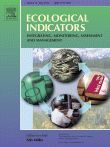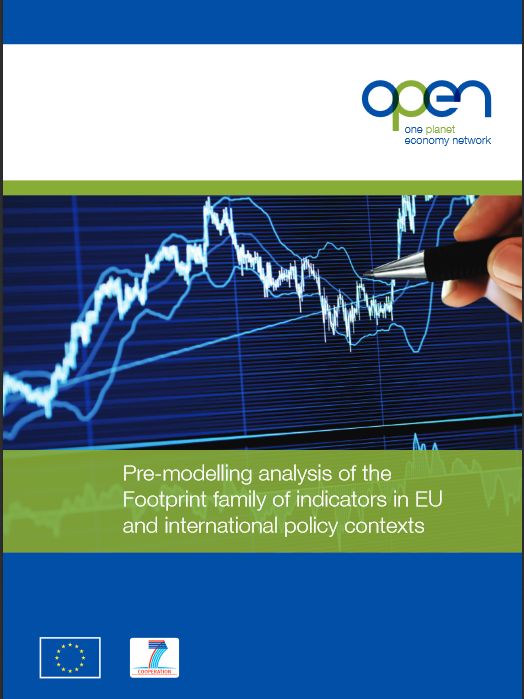
Integrating Ecological, Carbon and Water footprint into a "Footprint Family" of Indicators
Definition and role in tracking human pressure on the planet
- Publication
- Citation
Galli, Alessandro et al. 2011: “Integrating Ecological, Carbon and Water footprint into a "Footprint Family" of indicators: Definition and role in tracking human pressure on the planet”. Ecological Indicators, 13.
In this article, the authors provide for the first time a definition of the "Footprint Family" as a suite of indicators to track human pressure on our planet and under different angles. It builds on the premise that no single indicator per se is able to comprehensively monitor human impact on the environment, but indicators rather need to be used and interpreted jointly.
In recent years, attempts have been made to develop an integrated Footprint approach for the assessment of the environmental impacts of production and consumption. Since we live in a highly globalised world, the distinction between consumption-based and production-based accounting is an important one. The existing global environmental policy framework holds producers rather than final consumers responsible for human impact leading to a perverse incentive for industrialised countries to outsource high-impacting activities to economies in transition, where such activities are usually carried out in a cheaper but less eco-efficient way. Consequently, it is likely that this incentive leads to an increase in the overall environmental pressure associated with consumption activities since countries tend to import environmentally-inefficient goods and services to sustain their consumption patterns.
However, the Ecological, Carbon and Water Footprints are able to complement traditional analyses of human demand by coupling producer and consumer perspectives. These indicators present a quantifiable and rational basis on which to begin discussions and develop answers regarding
- the efficiency of production processes,
- the limits of resource consumption,
- the international distribution of the world’s natural resources, and
- how to address the sustainability of the use of ecological assets across the globe.
The Footprint Family proposed in the article can thus
- be used to improve researchers’ ability to track the current resource use and the impact this use generates,
- highlight the main drivers of resource use (therefore providing information on the areas where actions are needed),
- suggest solutions, and
- quantify the outcomes of specific policies undertaken to reduce the negative environmental impacts of natural resource use.
However, relevant sustainability-related topics including human health and well-being cannot be tracked with the Footprint Family.
The article itself, after giving an introduction, provides a description of the 'traditional' Ecological, Carbon and Water Footprint methodologies, before summarising their complementary and overlapping properties and defining the "Footprint Family" suite of indicators as used in the OPEN:EU project.
Afterwards, insights into the potential role of the Footprint Family in the EU policy context are given and information on the limitations and potential future improvements is provided. Final remarks are provided in the conclusion section.
This work has been developed under the 7th Framework Programme in the European Commission funded One Planet Economy Network: Europe (OPEN:EU) project. The article can be of high interest for both policy makers and researchers in the field of ecological indicators, as it brings clarity on most of the misconceptions and misunderstanding around Footprint indicators, their accounting frameworks, messages, and range of application.
The article (doi:10.1016/j.ecolind.2011.06.017) can be ordered for $35.95.




